“Texas A&M is my safety school.”
“UT is my reach school.”
“Stanford is my dream school.”
We are setting ourselves up for failure.
Whether valedictorian or bottom of the class, we are expected to use these terms to categorize college decisions. This culture was started and faithfully continued by U.S. News and World Report, Princeton Prep and College Board.
We need to get rid of these labels. They will only result in disappointment.
In 30 years, the percentage of Americans with college degrees has doubled, forcing schools’ acceptance rates down. And with the rise in usage of the Common App and online applications, more talented students apply to the same schools.
So for a prospective student, “safety schools,” or colleges offering “reasonably certain” acceptance, don’t really exist any more. Even for schools that offer guaranteed acceptance for high class ranks, such as Texas A&M, majors are anything but assured. What good is getting into a college that doesn’t offer a career path you want?
“Safety school” screams last resort, implying that these institutions are an eleventh-hour institution or a compromise. And by just judging schools only by their acceptance rates, students are far more likely to overlook the unique opportunities these colleges offer. Besides, painting with such a broad brush minimizes or negates the thousands of students who are delighted about attending such a university.
Take the University of Houston. It might be a safety school to most top students here at Bellaire, but for the more than 20,000 first generation students attending (45% of the school), admission to University of Houston is a dream come true. Labeling schools as “safeties” only perpetuates a hierarchical view of education centered around admission rates rather than actually liking where you’re going to college.
Contrasting with guaranteed acceptance are the “dream schools” and the slightly less pernicious “reach schools.” I’ll be up front: students should be frank about the colleges they have a chance of attending. That’s why reach schools, or colleges where your academic strength is below the average applicant, isn’t so much of an issue.
But labeling hard-to-get-into universities as “dreams” is too far because they are overwhelmingly decided on by their admission rates and “prestige.”
By labeling a college as a dream school, students define their success by the selectivity of the institution. They relegate other amazing universities to “safeties,” or possibly “reaches,” and hyperfocus on admission to one college.
If you get into your “dream school,” the work you put in over your years of high school suddenly becomes worth it. If you are rejected, there is only self-doubt. Your time was a waste.
Why are we letting one “yes” or “no” determine four years of our worth?
Words like “safeties” and “dreams” are only the verbal part of a wider societal problem: college idolization. Simply put, kids these days care far too much about getting into a small subset of colleges. There are 3,982 colleges; yet over 450,000 students will apply to just nine. Students worship their admissions gods and disregard any university not in their pantheon.
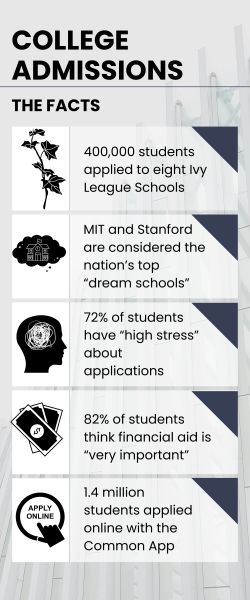
Words like “dream schools” and “safeties” are just manifestations of society’s insane hyperfixation on higher education — or more accurately, higher education at only a couple top schools.
Success in life should and cannot be defined by the label you put on your education. How you refer to your college — if you go to one — affects your entire world view and notion of accomplishment. As the Atlantic says, a college education — even at an elite institution — is no guarantee of a good life. Success is a holistic factor, not just what you thought of where you spent four years. Using labels like “safeties” and “dreams” defines success by admission rates and creates self-doubt for students on the giving and receiving end.
The strongest students claim these labels help them categorize their college applications. But these terms vastly oversimplify the admissions process and focus almost exclusively on selectivity and admission rates, ignoring the other crucial factors in attending college, such as location and money. For example, Stanford is listed as far and away the nation’s number one dream college; despite the fact that only 12% of Americans live within 400 miles of Stanford and tuition is around $80K a year. Encouraging inclusion doesn’t ignore admissions rates, but rather broadens the discussion to consider other aspects of college as well that are too often overlooked in pursuit of selectivity.
For instance, college counselors recommend using the words “high-probability match” and “low- probability match.” Not only do these terms more realistically emphasize how your test scores and grades compare to other students, they also emphasize that admission is almost always a probability not a certainty.
Eliminating the use of aforementioned labels won’t stop students from striving for academic success and will allow students to pursue success across all facets of education — personal growth, community engagement and academic achievements — while creating practical expectations.
It may be nearly impossible to take elite colleges down from the pedestal society has placed them upon. But changing how we refer to higher education is not. Using words such as “safety,” “dream,” and “reach” turn an already tough time in teenagers’ lives into a rat race. As we shift to using more inclusive language in almost all aspects of life, college labels should keep up.


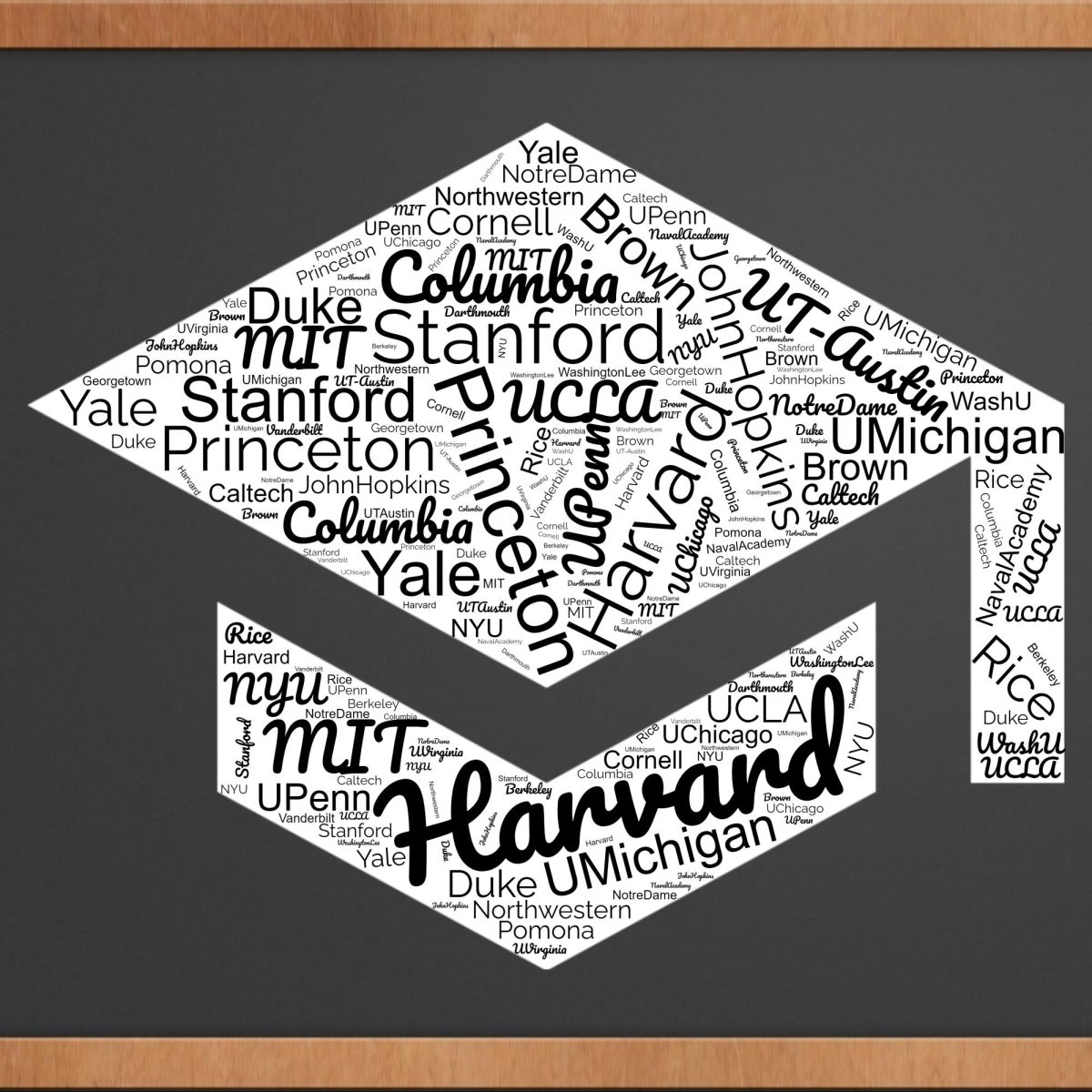



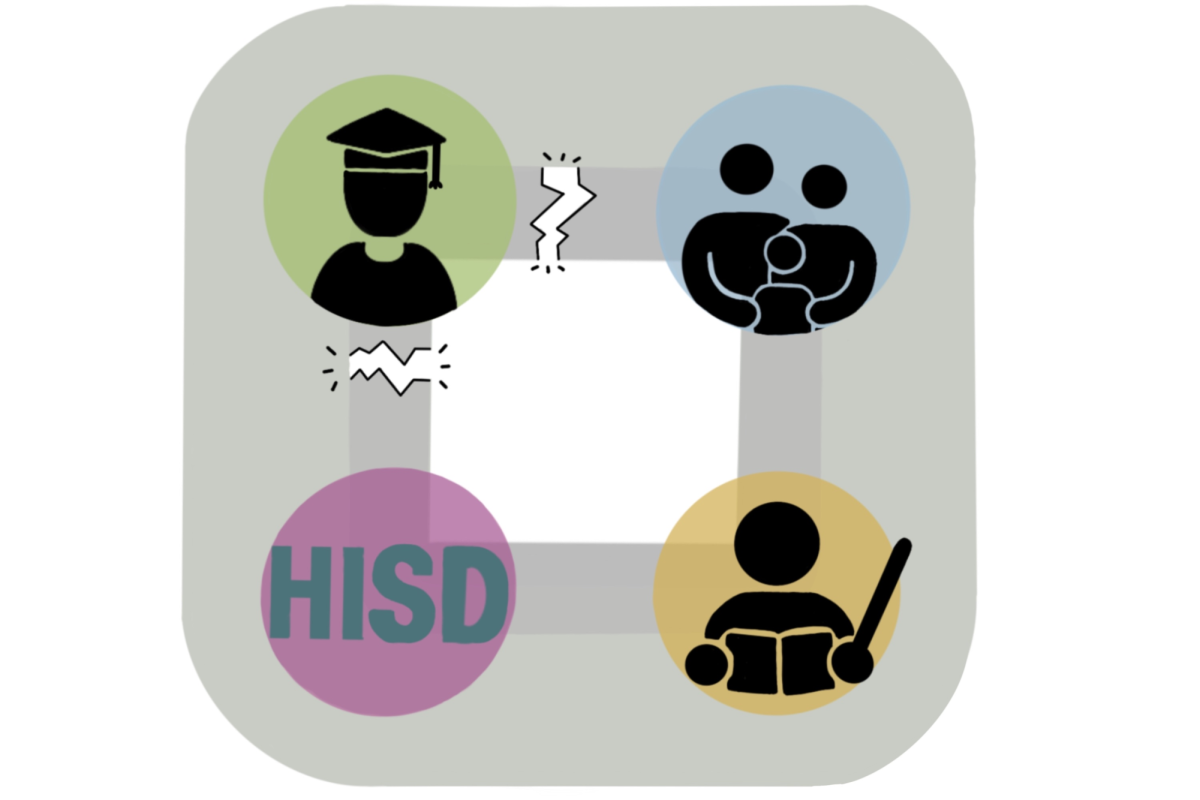
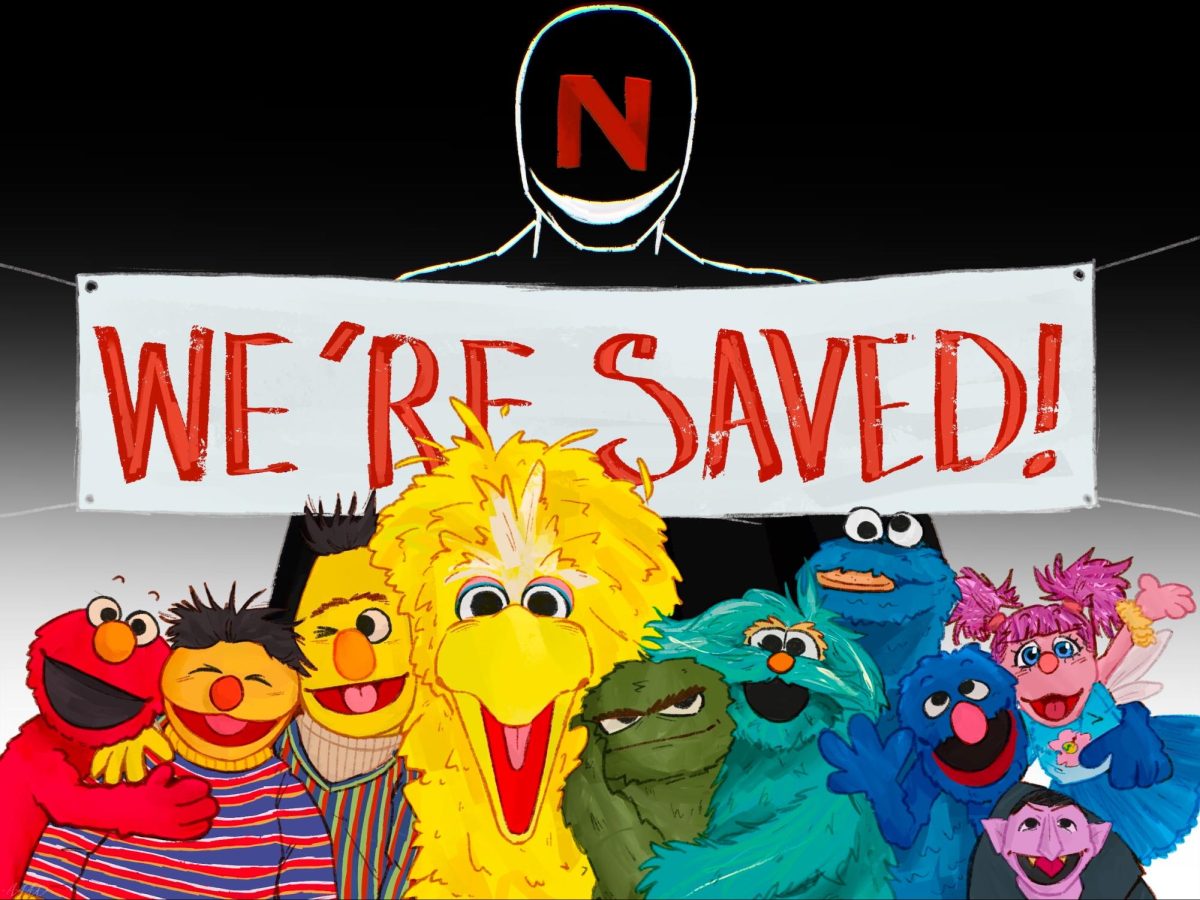
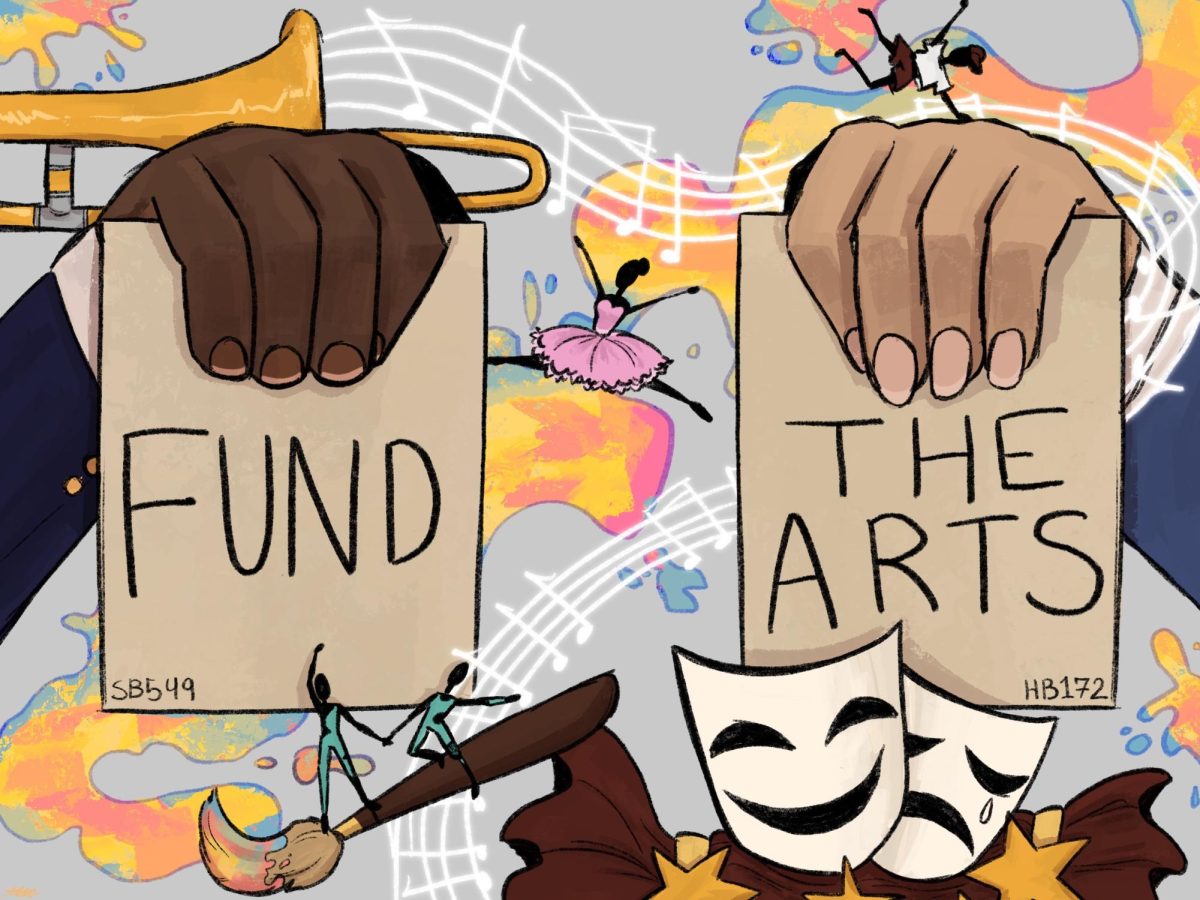

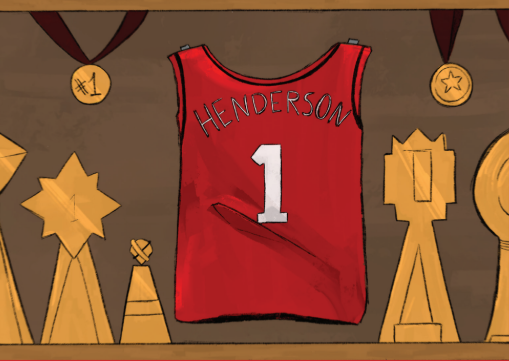
Smruthi Garlapati • Apr 15, 2024 at 11:03 am
Very well written Weston! You made some really great points about the application process that made me rethink how I approached the process. Blen recommended I read this story and I really enjoyed it!
Clarissa Li • Feb 3, 2024 at 10:18 pm
This is such an interesting take. I definitely agree with your opinion on “safety schools!” It feels horrible and a bit condescending when you hear others talking about great schools like UT Austin as “safety schools.”
Blen Abebe • Feb 3, 2024 at 3:57 pm
Weston this is an amazing story! So well-written and it really made me reconsider how I have viewed the college application process. Keep up the good work!!
Rilina Tran • Feb 2, 2024 at 12:03 pm
This is such a great opinion piece Weston! I could really resonate with it and I know many other seniors and future seniors will too during their application process.